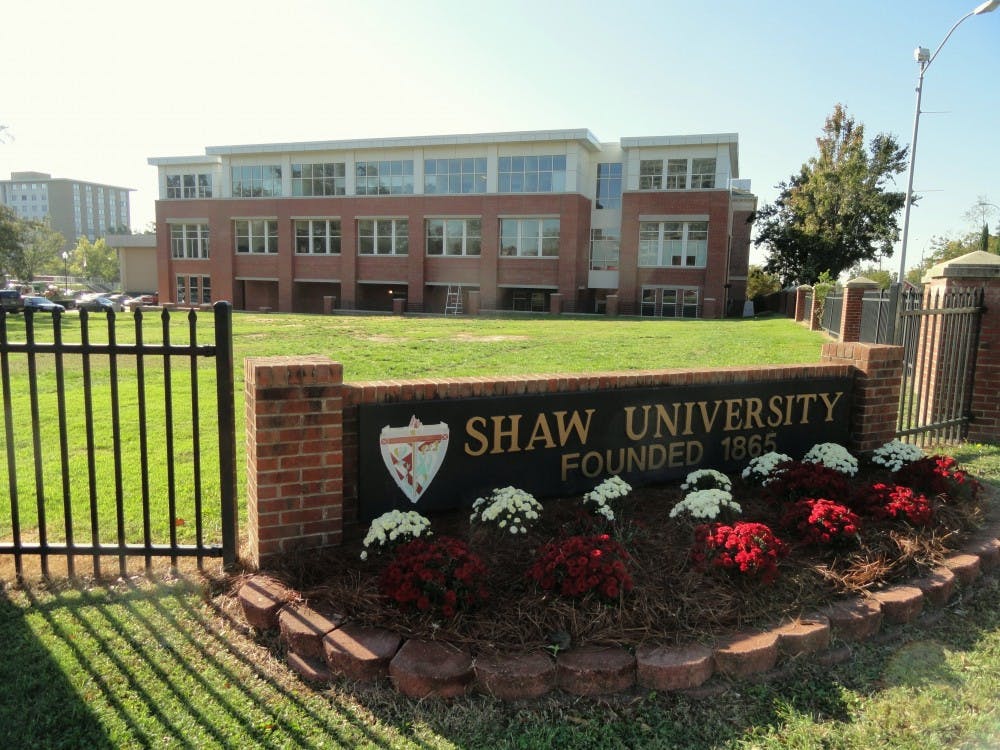Community college students in North Carolina will have an easier time transferring into many four-year independent colleges in the state.
The revised Independent Comprehensive Articulation Agreement, signed Aug. 27, offers clarification for which courses will transfer to a four-year degree program, guarantees for individual course transfer and degree transfer and allows earlier engagement of students in the transfer process. This agreement has been signed by 22 of the 36 North Carolina Independent Colleges and Universities. It comes after a similar Comprehensive Articulation Agreement was signed by University of North Carolina General Administration and the North Carolina Community College System in 2014 that offers transfer guarantees from all 58 North Carolina community colleges to all 16 UNC colleges. Duke did not sign the agreement and will not change its policies to streamline transfers from community colleges.
“The major difference between the new and the former agreement is the provision for pathways for specific majors,” said A. Hope Williams, president of NCICU. “The new agreement provides that before students take courses in community college, they go to 2 four-year colleges to talk with them and find out exactly what [courses] they need to take for the major they are considering pursing. It will be like attending a four-year college at the first place.”
Williams also noted that some institutions are in the midst of reviewing this revised version, and additional campuses may be signing the agreement soon. This agreement allows colleges and universities to offer opportunities to more students, several institutions noted.
“Many excellent students at community colleges understand the benefits of a liberal arts education,” Jane Fernandes, president of Guilford College, which was among the 22 institutions that adopted the new agreement, wrote in an email. “We are working to make Guilford more accessible to them. This articulation is part of the solution.”
Duke has not adopted either this revised articulation agreement or the previous version due to the already competitive transfer application process.
“This is because of the very small number of transfer applicants we’re able to admit each year as well as our interest in enrolling a diverse transfer class who not only come from schools in North Carolina but also across the U.S. and the world,” Solomon Enos, senior assistant director of admissions who is responsible for transfer students, wrote in an email. “Duke already is in a fortunate position to attract many more competitive students than we can admit.”
Enos noted that in 2015, Duke admitted less than five percent of those who applied to transfer. This year, 21 different colleges and universities are represented in the incoming transfer class of 25 students, with three students transferring from universities in North Carolina.
With regards to Duke’s policies about community college transfer students, Enos noted that Duke welcomes applicants who apply from a variety of schools, including community colleges, and the selection criteria remains the same, regardless of the institution from which a student is transferring.
“Like our applicants who apply from four-year colleges and universities, we seek community college applicants who have taken advantage of the opportunities available to them, who enjoy the process of engaging intellectually and who have made positive contributions to their community,” Enos wrote.
Get The Chronicle straight to your inbox
Signup for our weekly newsletter. Cancel at any time.

